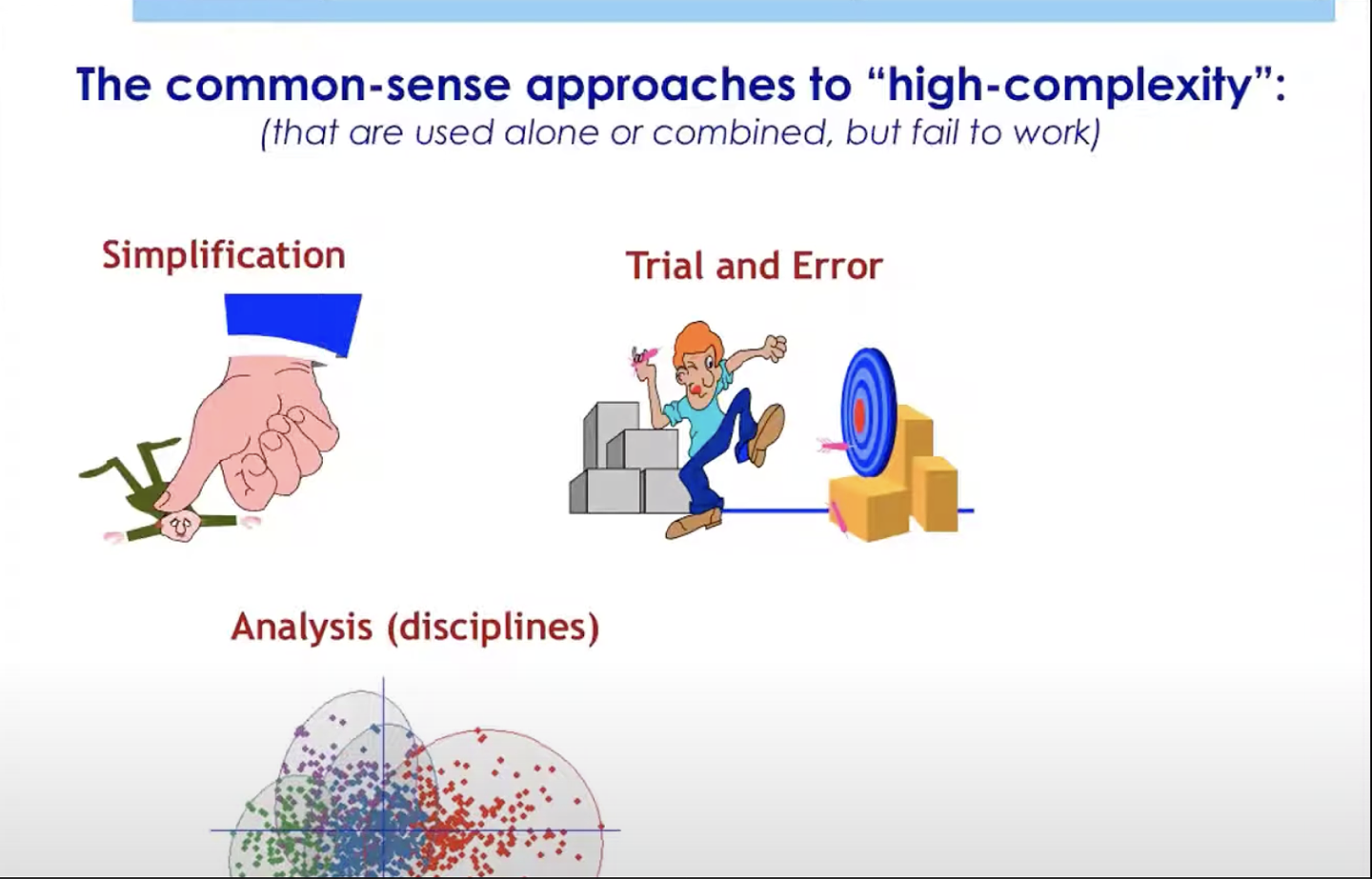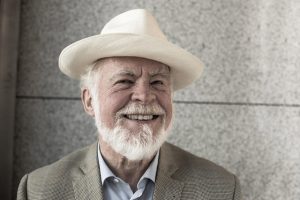
An online, complexity management and communications tool
The Participatory Workspace (PWS) is a post-Cartesian management and communications tool for organisations and networks, which streamlines the contributions of their members. It facilitates understanding and governing complexity through its “theme map” and other devices that are built via participation.
As a powerful intranet:
- (a) it builds a rich, structured and easy-to access knowledge base, and updates it on a daily basis through members’ publications;
- (b) it makes members’ tacit knowledge explicit;
- (c) it replaces e-mails and WhatsApp’s and gives easy access to material from any date, without flooding cell-phones and computers; and
- (d) it gives visibility to the contributions from each member.
The PWS has two components: a specialised online platform that is supplied as SaaS, and a participatory methodology for its customised design and implementation. The PWS is one of the tools of the Participatory Innovation Praxis (PIP).
Speaker Bio
 Alfredo del Valle lives in Viña del Mar, Chile. He holds a PhD in social systems sciences from The Wharton School, University of Pennsylvania; an MA is economics from New York University; and a civil engineer degree from Universidad Católica de Chile. He has been member of and consultant to business companies, universities, research centres, international agencies and government agencies. He is the author of the Participatory Innovation (PI) Praxis, a practical approach to high-complexity (“wicked”) problems and social transformations, based on systems thinking, complex thinking, Ashby’s Law, VSM, Schein’s culture formation theory and other contemporary sources. The PI Praxis includes its own principles, concepts, methods and tools; has been applied in a variety of fields at the local, national, Latin American and global scales; and has led to hundreds of innovations. Its most recent application is the model “Eco-Systemic Governance of River Basins” (ESGRIB), jointly developed with British and Latin American partners. Alfredo is the president of the Foundation for Participatory Innovation, which has been established for applying, transferring and disseminating the PI Praxis.
Alfredo del Valle lives in Viña del Mar, Chile. He holds a PhD in social systems sciences from The Wharton School, University of Pennsylvania; an MA is economics from New York University; and a civil engineer degree from Universidad Católica de Chile. He has been member of and consultant to business companies, universities, research centres, international agencies and government agencies. He is the author of the Participatory Innovation (PI) Praxis, a practical approach to high-complexity (“wicked”) problems and social transformations, based on systems thinking, complex thinking, Ashby’s Law, VSM, Schein’s culture formation theory and other contemporary sources. The PI Praxis includes its own principles, concepts, methods and tools; has been applied in a variety of fields at the local, national, Latin American and global scales; and has led to hundreds of innovations. Its most recent application is the model “Eco-Systemic Governance of River Basins” (ESGRIB), jointly developed with British and Latin American partners. Alfredo is the president of the Foundation for Participatory Innovation, which has been established for applying, transferring and disseminating the PI Praxis.
